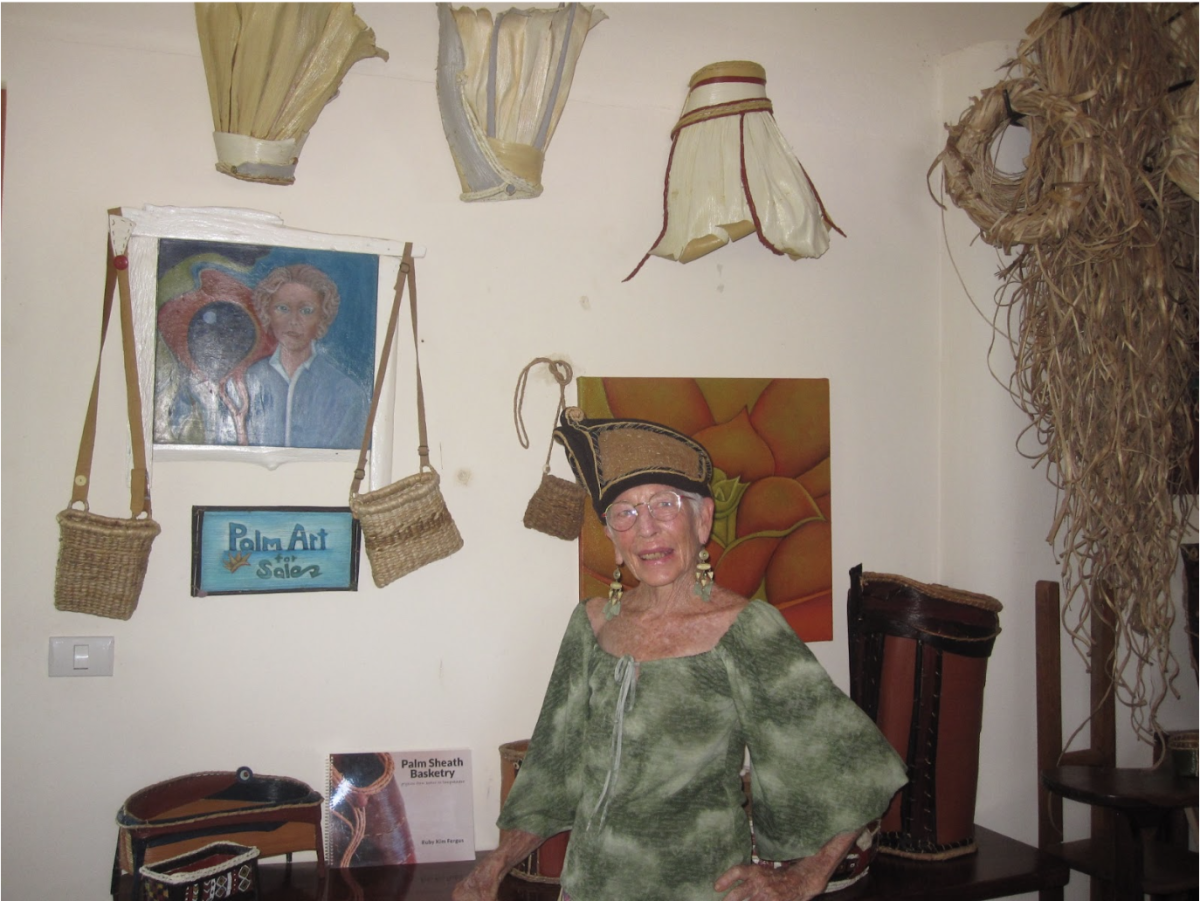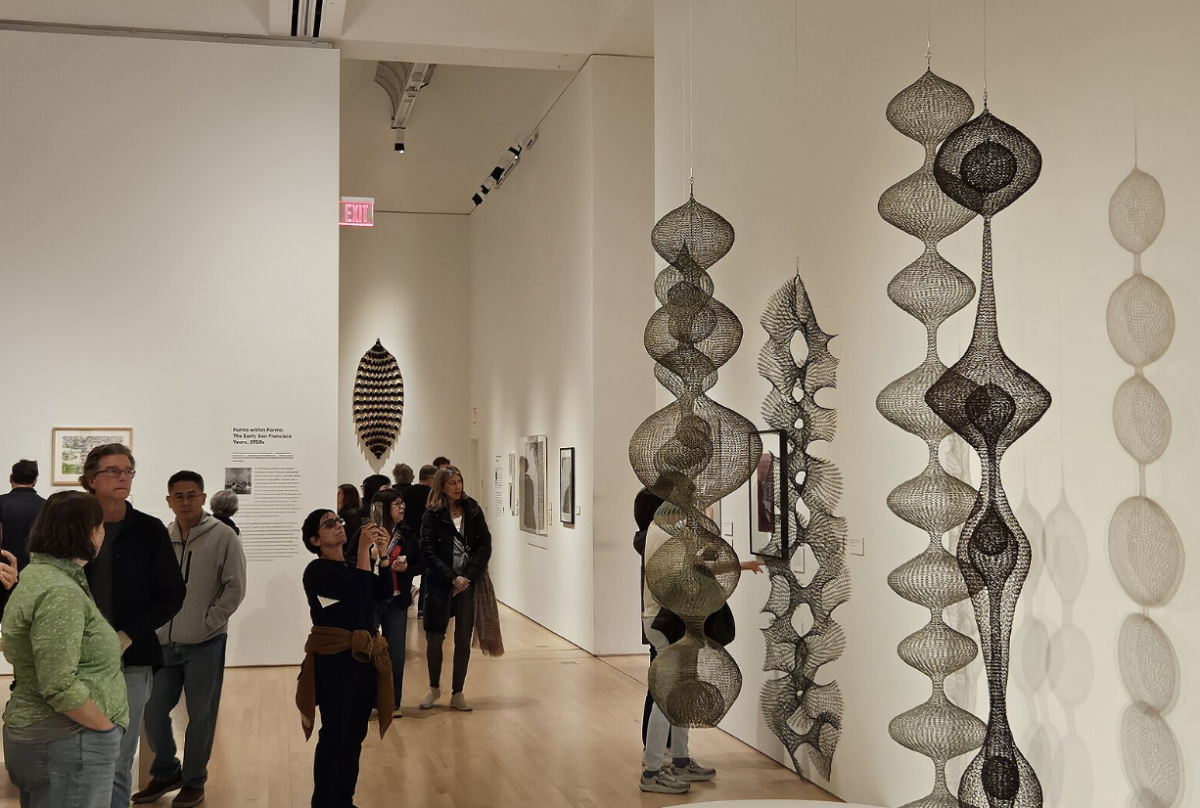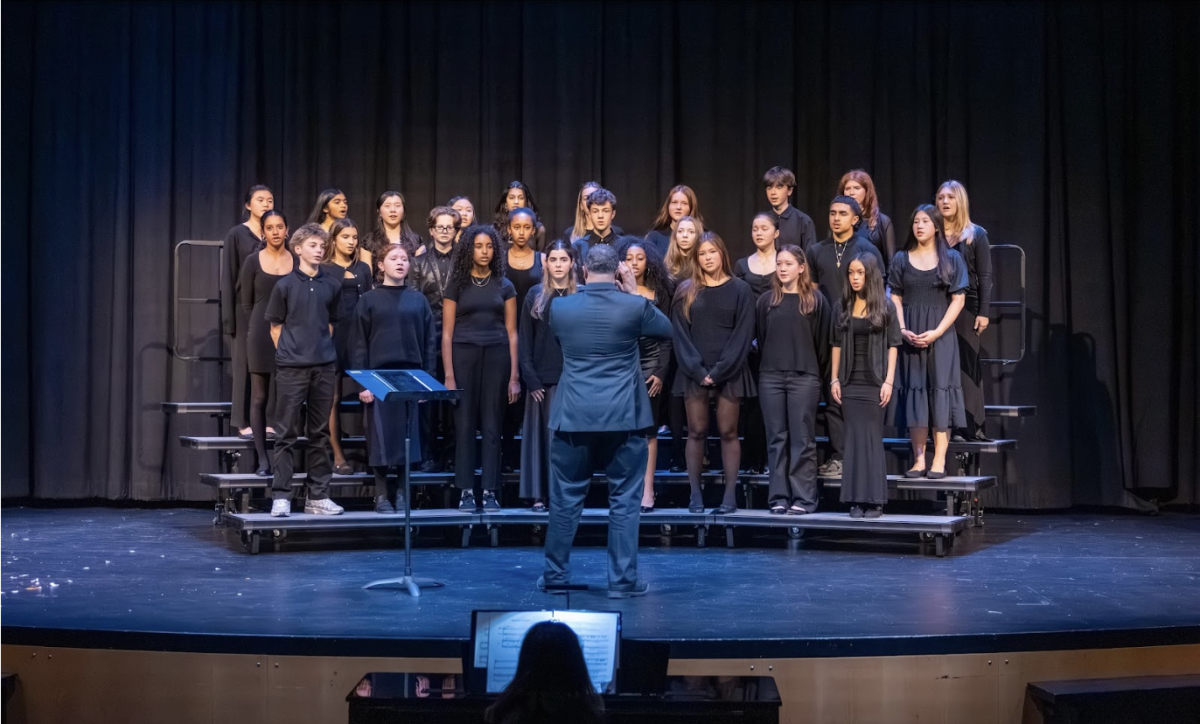Sara Kloepfer
A & E Editor
The British have done it again. BBC America, the channel that introduced us to the comedic genius of capturing everyday life in. The Office, has made over the teenage drama, focusing more on the teenage and less on the drama.
Skins follows a group of middle-class teenagers in Bristol, South West England through two years of sixth form — the British equivalent of junior and senior year of high school. The name says it all — “skins” is British slang for cigarette rolling papers, used by a character to light up in the first shot of the theme song.
Edgier than the more sedate teenage shows populating American shores, Skins is instead reminiscent of the 1995 movie Kids, which documents a day in the life of shameless New York City teenagers reveling in drugs, sex and alcohol. Debauchery is not the center of the show, it is represented as a reality of teenage life.
Rather than focusing on the petty backstabbing that dominates Gossip Girl, Skins confronts the realities of teenagers grappling with the transition between adolescence and adulthood. Each episode focuses on one of the key characters while incorporating storylines involving the rest of the cast.
Eager to be as close a representation of British youth as possible, the producers selected its stars not from actors’ agencies but rather via open auditions. The cast, most of whom had never acted before, is as raw and real as their characters.
The show’s authenticity stems from the writing team — the scriptwriters are almost as young as the viewers. Skins was created by father-son team Brian Elsley and 19-year-old Jamie Brittain. The writers frequently invite college students in London and Bristol to their meetings to receive feedback on ideas. Consequently, dialogue employs the jargon of typical teenagers, rife with slang, swearing, and sincerity. Unlike the trite exchanges characteristic of shows such as The Secret Life of the American Teenager, Skins doesn’t dumb down or dramatize conversations.
Instead of patronizing teenagers with the “After-school Special” approach of forcing characters to learn a lesson from each and every transgression, Skins portrays other realities such as anorexia, homosexuality, abortion and death without the melodrama characteristic of other shows in the genre. Parents are represented as equally if not more dysfunctional than their offspring, capturing the 17-year-old notion of “Why are my parents so stupid? They just don’t understand.”
Through its genuine portrayal, Skins reveals problems in the teenage genre. The show is worth watching week after week because it embodies the authenticity lacking in American shows, which misrepresent teenagers almost to the point of disrespect.
From the ridiculously wealthy Upper East Siders on Gossip Girl to the cat-fighting airheads on Beverly Hills 90210, teenagers are shown as shallow, overdramatic and naïve. There is an obvious disconnect watching actors who look like they are in college pretend to be high-schoolers worrying about the prom. Our country does not seem to know how to get back in touch with the average teen. Maybe the solution is across the pond.









Gracie H. • Mar 24, 2010 at 10:26 pm
Good one Sara! I’ve been suuper into Skins lately! Have to say that (so far) I prefer the characters from seasons 1-2 than 3-4, but it’s all gravy. Shame they couldn’t have taken the Degrassi approach and just kept the characters from 1-2 while adding on! Oh well!!